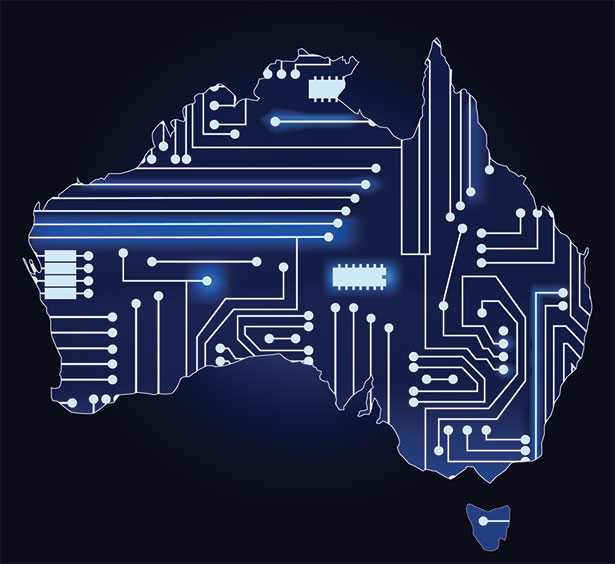
How Australia is becoming a cryptocurrency continent: Markets, Regulations and Plans
The very nature of cryptocurrencies dictate that regulation, control, and by extension, a centralized system, do not fit in with what they stand for. They are supposed to be totally decentralized, and therefore not dictated by many rules.
This made a lot of sense when cryptocurrencies were not in the spotlight, and not a major factor on the world stage. However, as mainstream adoption has increased, and more individuals have entered the market, so has the interest from governments and regulators around the world.
This has culminated with the G20 summit sitting down and discussing how to fit this decentralized financial system into today’s global society. However, one nation is forging its own path, not hanging around with a ‘wait-and-see’ attitude.
Australia has been very direct and positive in terms of cryptocurrency regulation and is already implementing some of its bigger plans, like exchange registration. However, their plans and rules relating to cryptocurrencies are not unreasonable, stifling, or damaging, rather, they could be viewed as progressive and potentially uplifting for both the country and cryptocurrencies in general.
Australian markets
Australia may not be one of the biggest markets for Bitcoin (BTC) and other cryptocurrencies, but it is a growing one. As it stands, Australia is ranked 14th globally for BTC volume by currency. At time of publishing, the Australian dollar (AUD) saw volumes of AUD $2,810,190, or 276 BTC over a 24 hour period.
To put that in perspective, Japan sits on top, with a 60 percent dominance, processing 30,1404 BTC over 24 hours. Australia’s market activities pale in comparison to Japan’s, but globally, they are a rather large player.
Exchange regulation and licensing
On April 11, the Australian government, through the Australian Transaction Reports and Analysis Centre (AUSTRAC), announced tangible plans to implement new rules on cryptocurrency exchanges. The major one being that: “Digital currency exchanges (DCE), with a business operation located in Australia must now register with AUSTRAC and meet the Government’s AML [anti money laundering]/CTF [counter terrorism financing] compliance and reporting obligations,” the announcement read.
To read more, please click on the link below…
Source: How Australia Is Becoming A Cryptocurrency Continent: Markets, Regulations And Plans


